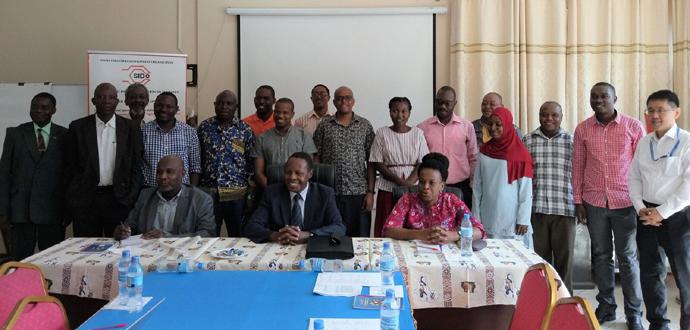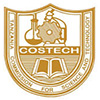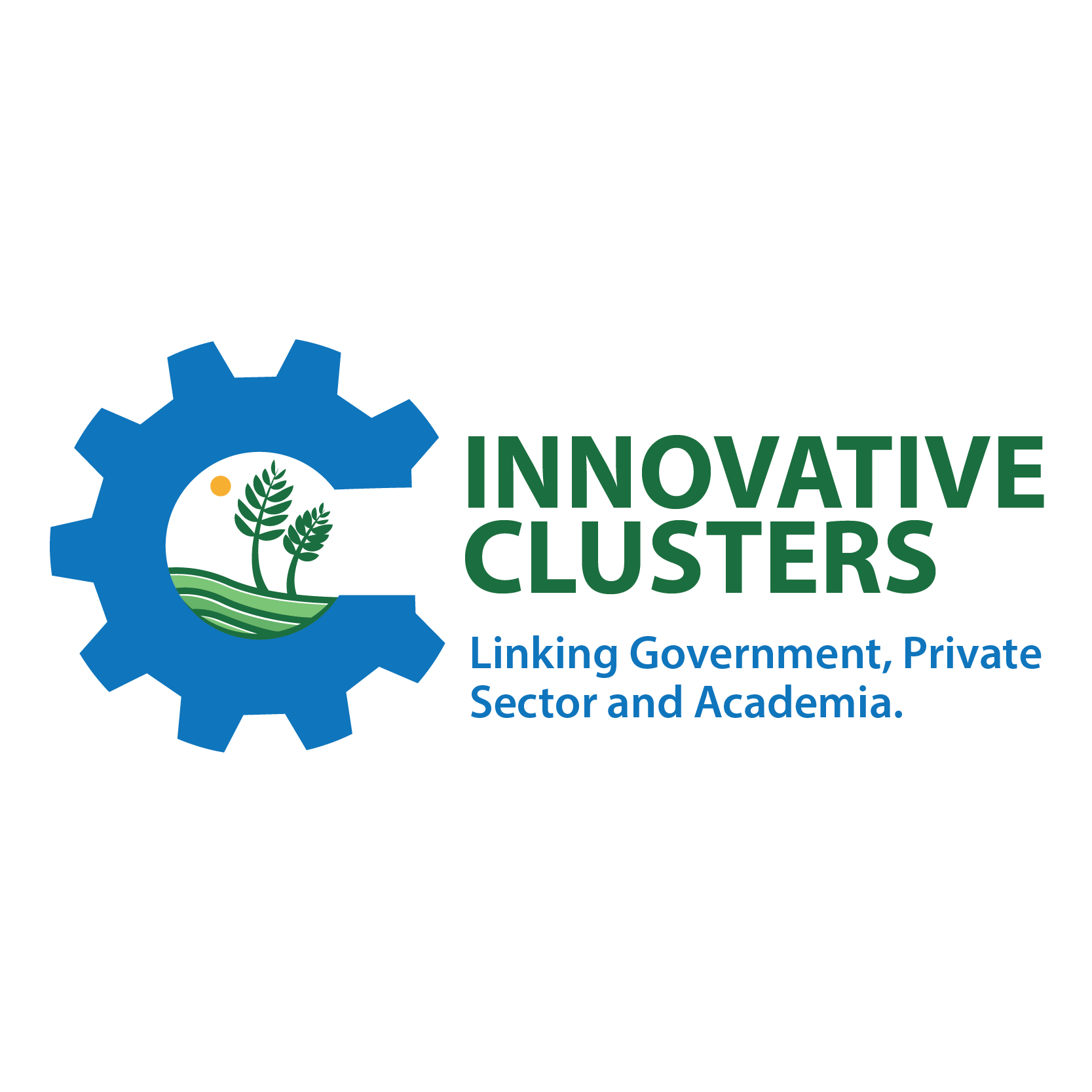
- Sat, Apr 4, 2020 11:08 AM
On 21 November, 2019, SIDO recorded a milestone by adopting “Industrial Cluster Development Operational Manual.” This guiding document was developed with the support of more than 200 stakeholders from the national and local governments, private sector, academia and development partners, supported by Japan International Cooperation Agency (JICA).
A cluster (“kongano”) is defined as “a geographically proximate group of interconnected companies and associated institutions in a particular field, linked by commonalities and complementarities” by Prof. Michael Porter. In Tanzania, Cluster Development Approach aims to drive industrialization by taking advantage of clustering, through encouraging proactive involvement of various actors along and around value chains and inducing collaboration among them. Being located nearby and increasing interaction can boost information spillover, which is a source of innovation.
SIDO is promoting cluster development since 2006, with the support from JICA and Swedish International Development Cooperation (Sida). Because of the support from SIDO and other partners, the number of SMEs in rice and sunflower clusters in Mbeya increased by 85% from 2010 to 2015. In addition, gross value added per cluster member firm increased by 18-22% annually from 2015 to 2018, according to the recent survey conducted to selected clusters in Mbeya, Mwanza and Singida.
On 14 and 15 November, 2019, SIDO organized a workshop in Morogoro to draft the popular version (= summarized version) of the manual. 26 persons in total participated the workshop including members from Morogoro Regional Administrative secretary (RAS) offices and SIDO (Dar es Salaam, Dodoma, Katavi, Kigoma, Kilimanjaro, Mbeya, Morogoro, Singida and Tanga, Morogoro, SIDO HQ), and others from TCCIA- Morogoro, LIC and JICA, as well as cluster consultant.
Regional Administrative Secretary (RAS) of Morogoro, Eng. Emmanuel Kalobelo, opened the workshop. He emphasized importance of SMEs in cluster development for industrial development, and urged participants to prepare a user-friendly manual. The workshop discussed the framework and contents of the popular version through group work and plenary discussion.
The popular version in Kiswahili will help to sensitize more high officials and the public, in addition to assisting implementers as a quick guide. Launching of the popular version is planned in early 2020.
.

